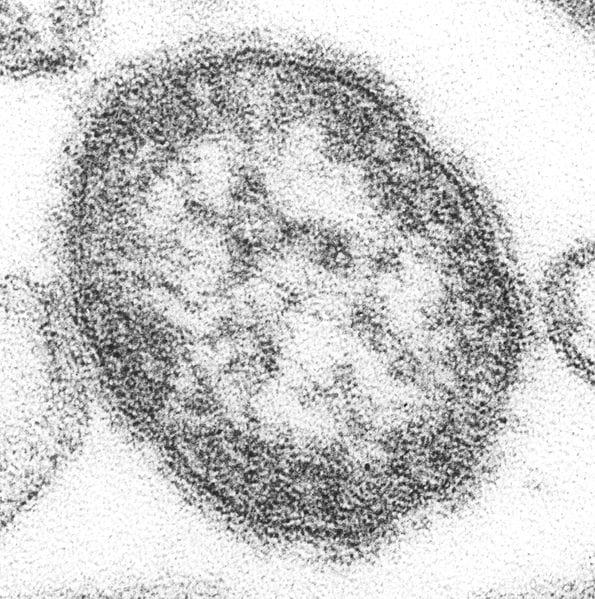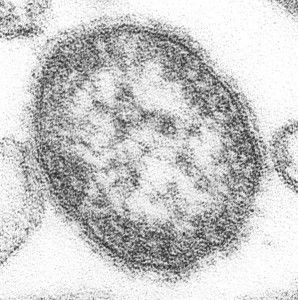Six Measles Cases In Williamsburg and What to Look For


WILLIAMSBURG — The Department of Health announced the agency will make a measles awareness outreach after confirming six children were diagnosed with the infectious disease this month in Williamsburg.
The children’s ages range from 11 months to 4-years old and live within the Orthodox Jewish Community in Williamsburg. Officials say the initial case was contracted by a child visiting Israel, which is currently dealing with a significant measles outbreak. Five of the children were unvaccinated of which four were delayed in receiving the vaccination with one being too young.
One child who did receive vaccination was exposed to the disease before fully being immunized. Two of the children were hospitalized, one with pneumonia and the other with an ear infection.
“I commend the Health Department and the City for taking the necessary steps to ensure that this outbreak is contained by informing and educating the community on ways to stop the spread of this and other preventable diseases,” said Assemblyman Steve Cymbrowitz.
In addition to the cases in Brooklyn, seven cases were found outside of the city in New York State. Of the seven diagnosed, five contracted the infectious diseases during a trip to Israel with the remaining two infected after the exposure to someone with measles.
The health department recommends children receive measles, mumps and rubella vaccinations at their first birthday with a second dose at 4 to 6 years old.
Officials warn measles is a highly contagious disease, transmitted through air, droplets and direct contact. Immunocompromised, young children and non-immune pregnant women are the most vulnerable. Symptoms appear as fever, rashes starting on the face and traveling down the body, cough, runny nose, red eyes, diarrhea and ear infection, according to the Center for Disease Control.
Tips:
- If you think you’ve been exposed to measles, contact your health provider before going to the facility.
- Inform medical staff about fever, rash or seizures, known exposures, and international travel.
DOH suggests health care advisors ensure children and adults older than six months old traveling outside of the U.S. have documented measles immunization.




